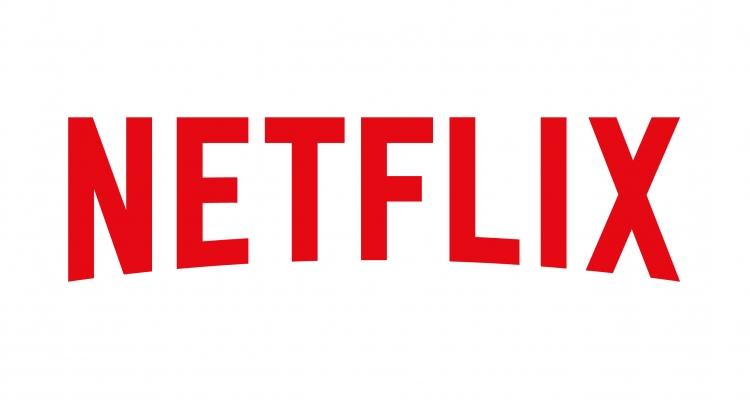Back in the spring, Netflix found itself deep in a feud with the prestigious Cannes Film Festival. The debate raged on for a while, with the definition of what constitutes a “film” actually being debated. Netflix contended that their Originals are films, even without the oh-so-important French distribution, while Cannes said that rules are rules, and the streaming service’s offerings couldn’t compete.
Long story short, Netflix and Cannes were never able to come to an agreement, and the streaming service ended up pulling out of the festival completely. At the time, Netflix openly wondered if it was a bad idea. “Film Twitter” became a hotbed for debates over whether or not the streaming service would regret their feud.
Fast forward to today’s Venice Film Festival announcement, and it looks like Netflix, who lost the Cannes battle, ended up winning the film festival war.
Earlier, Venice Film Festival head Alberto Barbera announced the lineup of films that would be showing at this year’s event. The festival is poised to be not only one of the strongest in Venice’s history, but perhaps in all of film festival history, with a murderer’s row of Oscar contenders, prestigious foreign films, and yes, multiple offerings from Netflix.
Films that the streaming service desperately wanted to debut at Cannes, such as Alfonso Cuaron’s “Roma,” Paul Greengrass’ “22 July,” and Orson Welles’ “The Other Side of the Wind,” were rejected by the French festival, but welcomed into Venice with open arms. And it appears that Barbera has thoughts as to why Netflix fared so well at Venice and not Cannes.
READ MORE: Orson Welles’ Daughter Asks Netflix To “Please Reconsider” Cannes Withdrawl
“We must come to terms…with these new production realities,” the Venice Film Festival director said (via Reuters). “We cannot ignore these realities, we cannot pretend they do not exist.”
Now, there’s more to the Cannes/Netflix battle than just the idea of what constitutes a “film.” Cannes has a rule (that they willfully ignored in 2017 but enforced in 2018) that says any film that is chosen for in-competition must have a theatrical run in France. Combine that with the French law that states any film that is released in French cinemas must wait 36 months until it hits a streaming service, and you can see why Netflix was so hesitant to enter the festival.
Italy has no laws like this and is embracing the idea of the streaming service distributing films. And Netflix is playing ball too, with theatrical runs for all the Venice films, plus a bunch more, as the streaming service hopes for awards consideration.
So, at the end of the day, the already incredible lineup of the Venice Film Festival is bolstered by the addition of world-class films from Netflix, and Cannes looks at the fall festivals and wonders if they made the wrong move. With or without Cannes, Netflix got their day in the sun, and in the future, it looks like Cannes needs Netflix more than Netflix needs Cannes.

